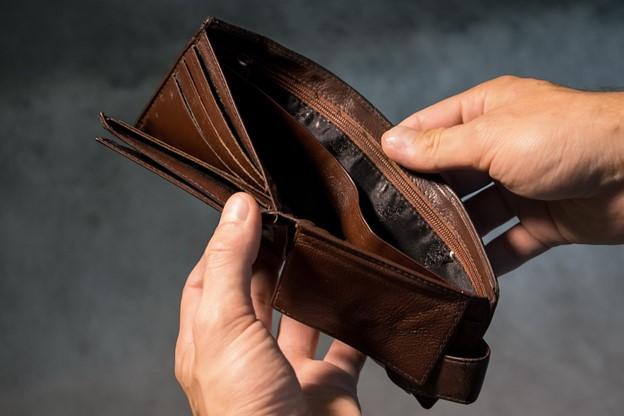What are the rules of Chapter 13?

If you are one of the millions of Americans who is considering bankruptcy, you might have wondered if you should file for a Chapter 7 or Chapter 13. if you file a Chapter 7, your creditors will not be able to take measures to collect on the money that you owe them. They will be forbidden from calling you or suing you.
If you file for a Chapter 13 bankruptcy, you will have to make payment arrangements with your creditors. You will have a longer time than you normally would to pay them back. They will not be able to sue you or try to make additional payment arrangements with you during that 3 to 5-year period.
If you are considering filing for a Chapter 13 bankruptcy, it is helpful to know what the qualifications are. It is also a good idea to consult with a Chapter 13 attorney.
Do I need to be employed to file a Chapter 13?
You must have a steady, stable income to file for Chapter 13. If you are self-employed, you must be operating as a DBA and not as a corporation.
Are there limits to how much I can owe?
If you want to file this type of bankruptcy, you cannot have more than $394,725 in unsecured debts (that is debts without collateral). You may not have more than. $1,257,850 in secured debts.
How long will I have to pay my creditors?
When you file for a Chapter 13, you and your attorney will propose a payment plan to the bankruptcy court. The amount of time you have to pay back your creditors will depend upon how much money you make.
There is a state median income that is set for Chapter 13 bankruptcy. That median changes from time to time and is dependent upon the number of people in your household. For example, the current median income for a single-person household in New York is $63,799.
If your income is below the state median level, you will have five years to pay back your debt. If it is above the state median level, you will have three years to pay back your debt.
Do I have to pay each creditor separately?
When a Chapter 13 Bankruptcy is discharged, you will make one payment a month to your bankruptcy trustee. The bankruptcy trustee will distribute your payment among your creditors. The filing cost of the bankruptcy and any money you owe to the government will be paid first.
Do I need an attorney?
You are not legally required to hire a bankruptcy attorney. However, it is never a good idea to go to court without a lawyer. You will have to present the court with a record of your income, all of your debts, and records of your normal living expenses. You will also need to provide records of assets that you have.
You must fill out a lot of paperwork. If you miss anything on the paperwork, your bankruptcy may be denied or you may have to start all over again.
An attorney will be well-versed in the paperwork that New York State requires. They will be able to advise you of records that are missing from your files, and they will know the kind of monthly payment that someone in your situation should be able to make.
Bankruptcy can be one of life's worst experiences, but careful planning and a good lawyer can help you get through this difficult time.
Authoritative Source:
https://pixabay.com/photos/purse-wallet-money-finances-3548021/
More to Read:
Previous Posts:










